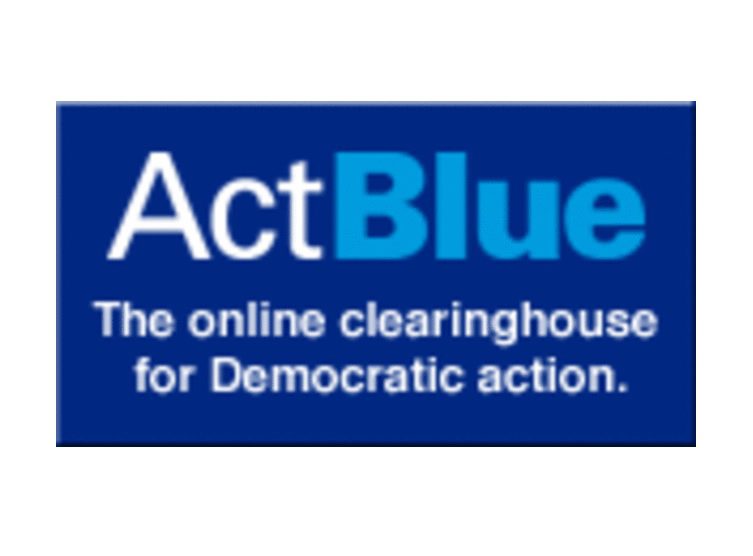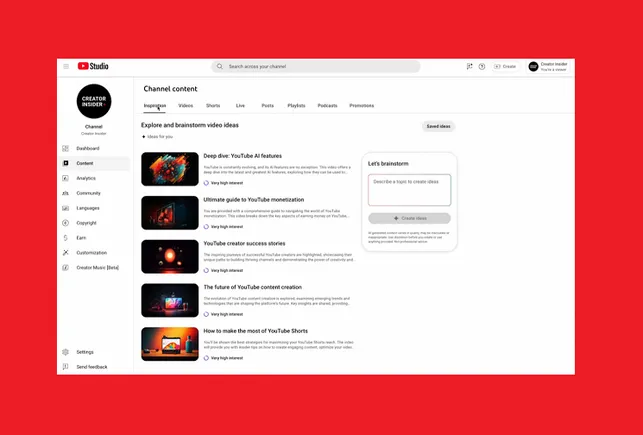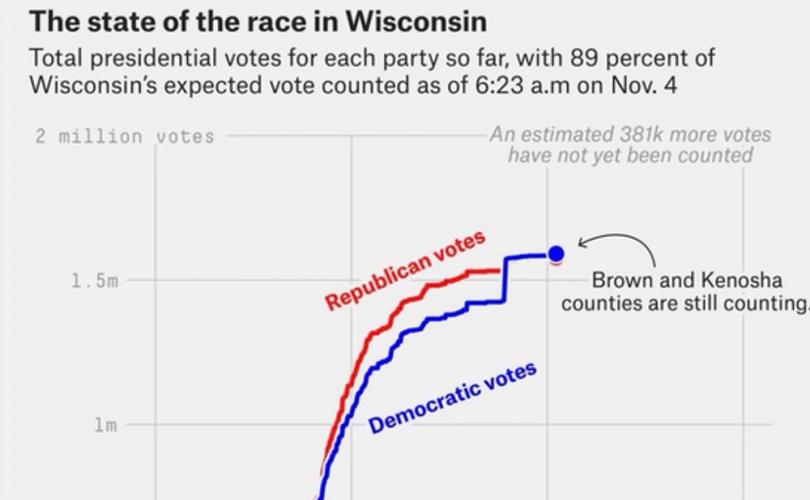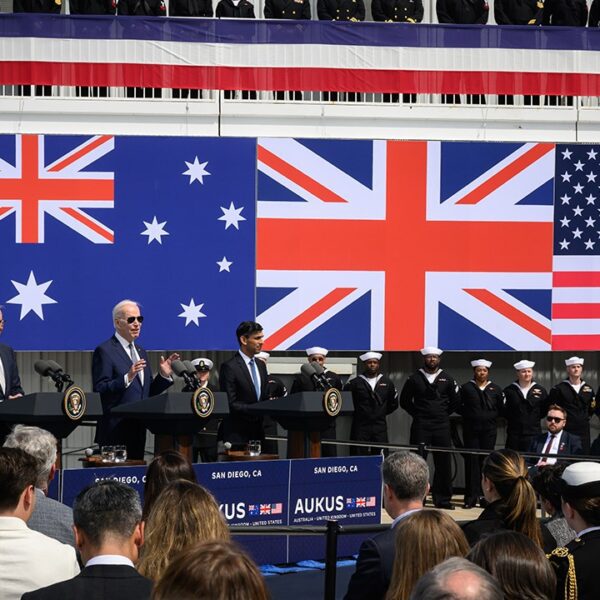A Wisconsin judge has approved a subpoena for documents requested in an October lawsuit alleging nearly 400 incidents of identity theft to make fraudulent donations to Democratic campaigns through ActBlue “smurfs.”
This could open the door for a range of ongoing investigations into the ActBlue fundraising platform.
The Gateway Pundit previously reported on the lawsuit alleging racketeering and identity theft filed by the America First Policy Institute on behalf of Plaintiff Mark Block.
Block, a long-time Republican political strategist, alleged that his personal information was used over the previous five months to launder money 385 times to 62 different campaigns and political organizations, including 35 donations to the Harris Victory Fund, through the Democratic ActBlue fundraising platform. This comes after he discovered receipts for ActBlue contributions sent to his pseudonymous email address using the same fake name.
“While these fraudulent donations average out to a very small $3.24 per transaction, they conveniently fit into a loophole created by Federal Election Commission (FEC) reporting requirements,” the initial complaint states.
During a November 21 hearing, Waukesha County Circuit Court Judge Brad D. Schimel approved a limited demand for documents to show to what extent fraud was used to make these donations.
“Something is not right,” said Judge Schimel. “Plaintiff has set forth enough in their complaint and in support of their subpoena to demonstrate that there may be something here.”
The judge rejected some of the discovery requests for ActBlue’s fraud safeguards but allowed a more narrow request to determine how the likely fraudulent payments using Block’s email address were made.
ActBlue attorneys argued that they are “not a party to this action” and, therefore, not required to turn over requested documents.
However, the judge disagreed, calling ActBlue a “nonparty conduit for contributions” while noting that “something isn’t right” and expressing confusion over ActBlue’s “substantial resistance to sharing” information on the likely fraudulent donations.
Read the full transcript below:
The Gateway Pundit has reported extensively on the laundering of money to political campaigns through fraudulent small-dollar donations to ActBlue, also known as “smurfing.” These contributions are made through identity theft, oftentimes using senior citizens’ personal information to funnel money into political causes.
Some of the individuals accused of this fraudulent scheme include Soros-funded Fulton County District Attorney Fani Willis, Soros Funded Manhattan District Attorney Alvin Bragg, Democrat Senator Tammy Baldwin (WI), Democrat Senator Raphael Warnock (GA), and Wisconsin Supreme Court Justice Janet Protasiewicz.
Trump-Endorsed Arizona Senate candidate Kari Lake’s 2024 race also appears to have been targeted by ActBlue smurfs, helping her opponent Democrat Ruben Gallego.
Much of this money appears to come from foreign sources and is being laundered by Democrats through Ukraine. The Gateway Pundit recently reported that former Polish Minister Piotr Kulpa said up to half of the US aid to Ukraine was laundered by Ukrainians, and much was given to US Democrats.
Additionally, the Committee on House Administration’s chairman Bryan Steil issued subpoenas “related to ActBlue’s donor verification policies and the potential for foreign actors to use the platform to launder illicit money into US political campaigns.”
Steil said in a press release, “The Committee’s investigation uncovered that foreign actors might be taking advantage of ActBlue’s inadequate security protocols. To ensure that foreign money is not being laundered through ActBlue, we are requesting a series of documents and communications related to their donor security and verification policies.”
This is a developing story.















